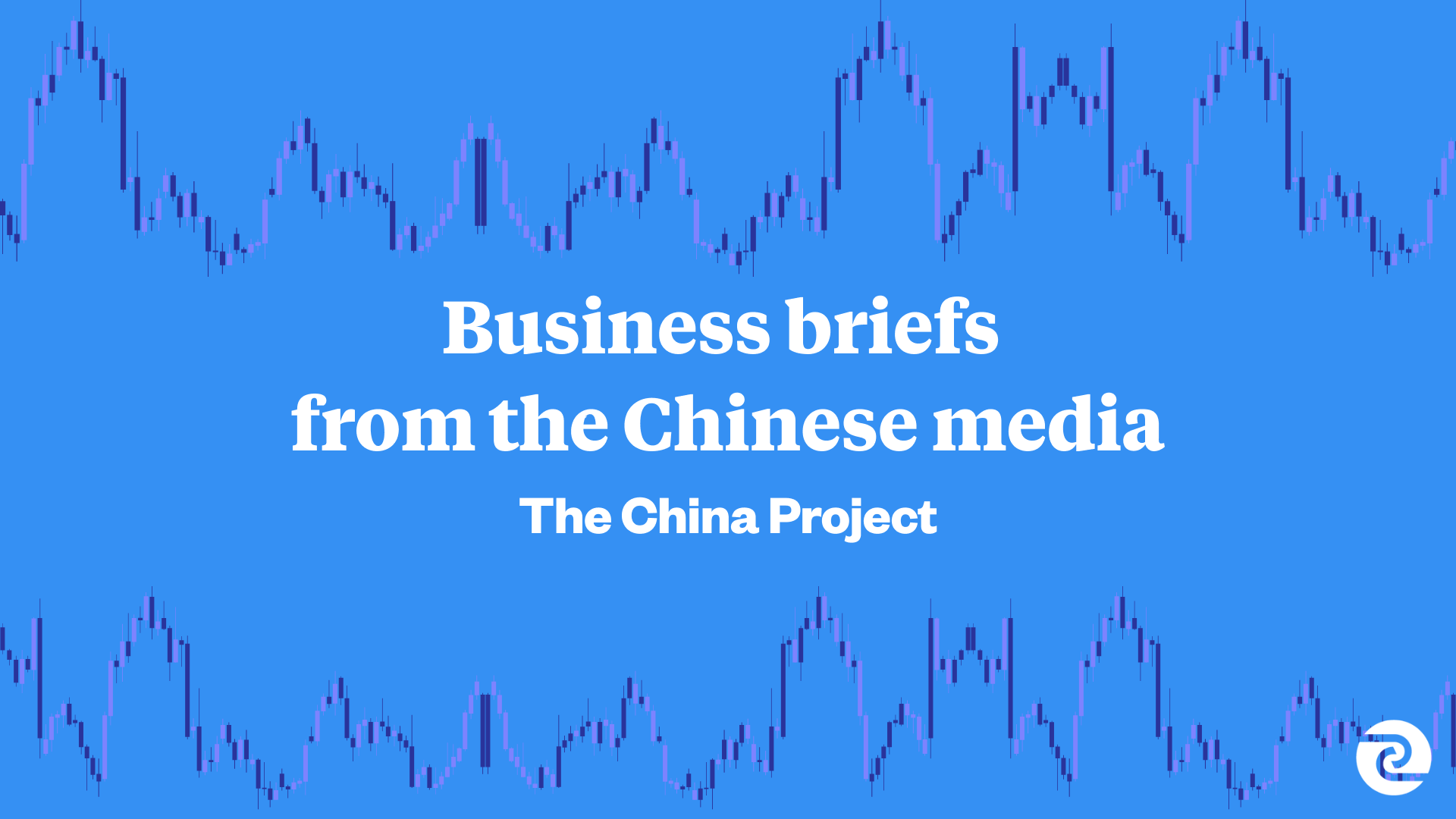U.S.-China self-driving trucking company Tusimple is in turmoil
Business briefs from the Chinese media — Friday March 17

This is what the Chinese business press is buzzing about today:
U.S.-China self-driving truck company in turmoil: Following the founder’s resignation and internal turmoil, TuSimple announced today that the cumulative mileage of its self-driving trucks has exceeded 16 million kilometers (9.94 million miles), including testing, research and development, and commercial operations. Founded in 2015, TuSimple 图森未来 is an autonomous trucking company with offices in the U.S. and China. In 2018, TuSimple became the first company in the world to demonstrate self-driving truck technology on urban streets. In 2020, the company created a self-driving freight network, and in April 2021, TuSimple was listed on Nasdaq. In December 2021, TuSimple completed the world’s first fully unmanned test of self-driving trucks on public roads.
On Monday this week, TuSimple founder Hóu Xiǎodí 侯晓迪 announced his resignation from the company with immediate effect, along with an open letter detailing his disagreements with the company’s management. According to the letter, Hou disagreed with the company’s decision to to shift its focus from L4 autonomous driving to L2 assisted driving, and he also objected to excessive salaries paid to executives and the company’s firing of hundreds of employees over Christmas 2022.
As of the close of trading on March 14, TuSimple’s share price stood at $1.58 per share, a drop of more than 98% from a high of $79.84 in 2021. On March 9, the company was notified by Nasdaq of a breach in compliance after TuSimple failed to submit its 2022 annual report on time. The company responded by saying it needed additional time to appoint a new accountant.
Earlier today, LiDAR company Hesai Group reported 2022 annual revenue of 1.20 billion yuan ($174.4 million), an increase of 66.9% year-on-year, and an annual net loss of 300.8 million yuan ($43.6 million), an increase of 22.8% compared to a net loss of 244.8 million yuan ($35.5 million) last year. In 2022, the company’s delivery volume was 80,462 units, an increase of 467.5%, most of which were the AT128 hybrid solid-state light detection and ranging (LiDAR) cameras for advanced driving assistance system (ADAS) vehicles. Hesai has been awarded mass production contracts by 10 of China’s largest new energy vehicle manufacturers.
Hesai 禾赛科技 produces LiDAR cameras for self-driving vehicles — devices that allow cars and trucks to “see” their surroundings and operate autonomously. Hesai is a supplier for several Chinese AV firms, including AutoX, Baidu’s Apollo, and WeRide. On February 9, Hesai debuted on Nasdaq in the biggest IPO by a Chinese firm since ride-hailing company Didi Chuxing listed in 2021. Raising $190 million, the listing was generally seen as a positive development for the investment environment between the U.S. and China, even as balloons and other UFOs roiled the political relationship.
Sales of pickup trucks in February amounted to 43,000, a year-on-year increase of 25.2%, according to the China Passenger Car Association (CPCA), which is the highest level in the past five years. In February, the sales volume increased by 40.1% month-on-month. The CPCA expects the pickup truck market in China to expand rapidly over the coming years as the market benefits from the growth of the passenger car market.






